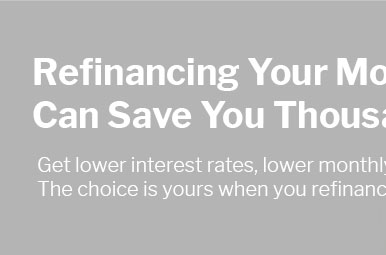fha loan wv guide for first-time and repeat buyers
What is an FHA loan in West Virginia?
An FHA loan in WV is a government-backed mortgage designed for flexible credit and modest savings. Many buyers qualify with as little as 3.5% down and mid-range scores, while FHA’s appraisal and mortgage insurance rules help manage risk. County loan limits apply from the Ohio River to the Potomac Highlands, so checking the cap for your area is essential.
FHA vs other popular options in WV
Compared with conventional loans, FHA often wins for lower scores or higher debt ratios, though conventional can be cheaper if you have strong credit and 20% down. USDA frequently suits rural addresses with 0% down, but income and location limits apply. Eligible veterans may prefer VA loans for no down payment and no monthly MI, a powerful perk in many WV markets.
- Choose FHA for credit flexibility and small down payments.
- Pick Conventional for strong credit and faster MI cancellation.
- Go USDA if your home is rural and income-eligible.
- Select VA when entitled benefits unlock the best terms.
Steps to get started
Get preapproved, compare lender fees, review WV assistance programs, verify debt-to-income and reserves, and plan for appraisal and closing timelines.
















